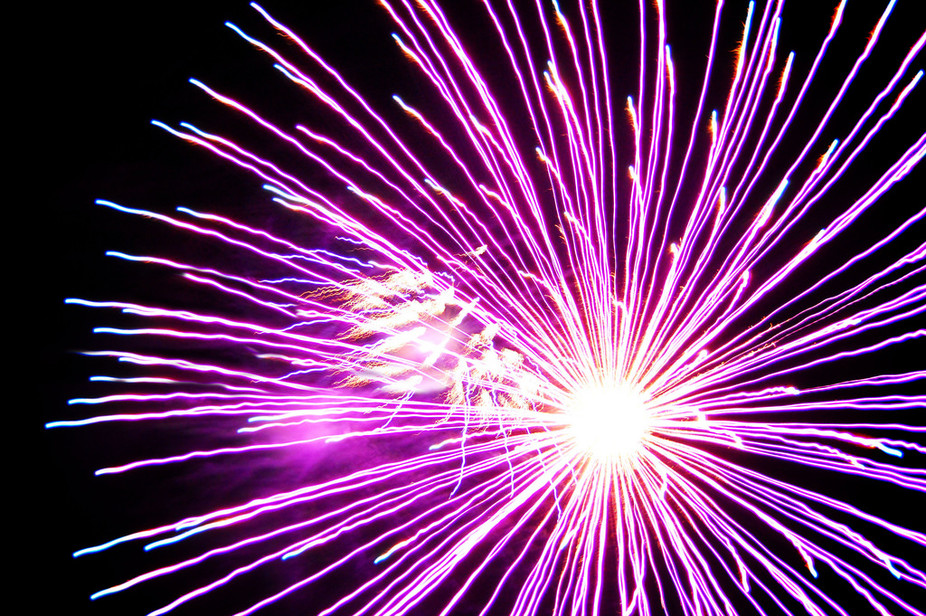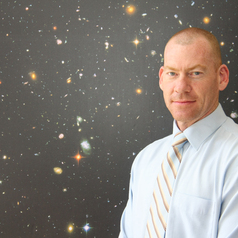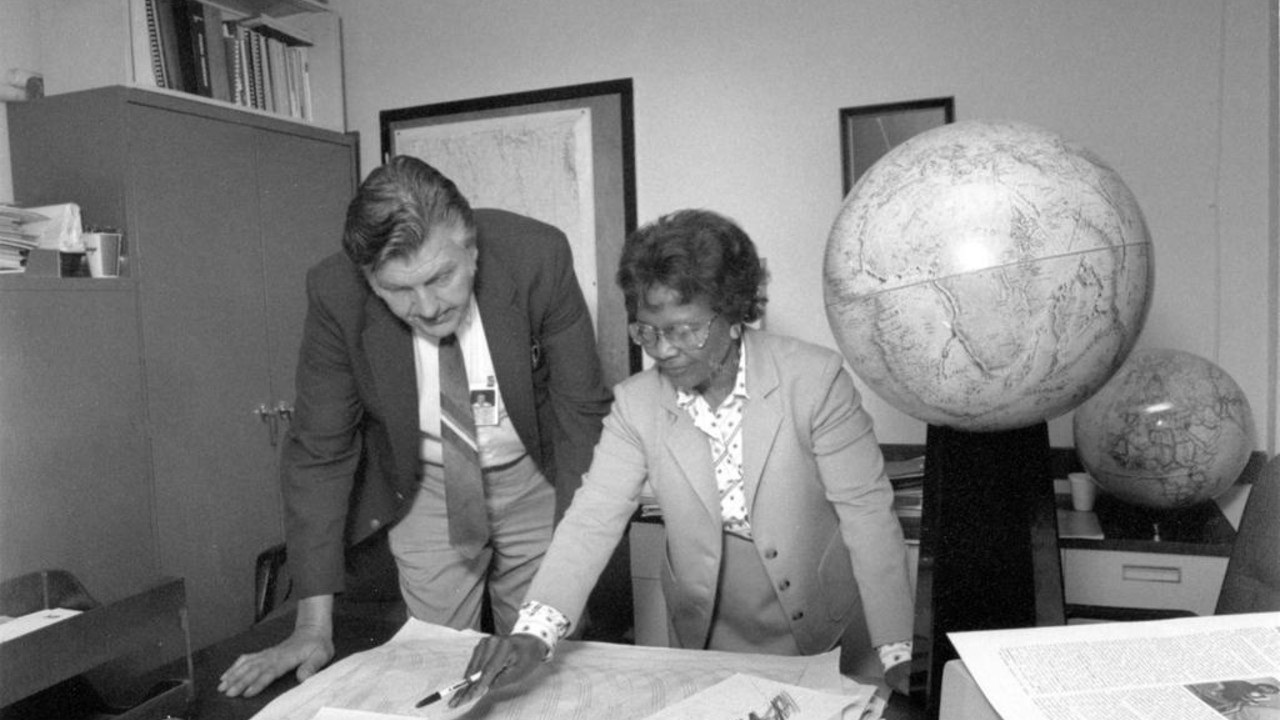
Curious Kids: What Started the Big Bang?

This is an article from Curious Kids, a series for children. The Conversation is asking kids to send in questions they'd like an expert to answer. All questions are welcome – serious, weird or wacky! The article was originally published at The Conversation. The publication contributed the article to Space.com's Expert Voices: Op-Ed & Insights.
What started the Big Bang? – Pippi, 8, Canberra.
This is one of the two questions I get asked a lot (the other one is: do aliens exist?) Both are very good questions! Pippi, the short answer is that we do not know what started the Big Bang. This is a big mystery.
The Big Bang is an idea about the history of the Universe, the history of space and time and matter ("stuff") and energy. The Universe is about 13.8 billion years old and from observations we make using telescopes we can tell that the Universe was very small 13.8 billion years ago.
Observations also suggest that in the first fraction of a second, the Universe seemed to expand very quickly but then slow down. After a few hundred thousand years, the simplest type of atom formed: hydrogen. The hydrogen started to form stars and galaxies.
After billions of years the Earth (and us) formed from the atoms made inside stars - every atom in your body more complicated than hydrogen was made by a star at some point in the last 13.8 billion years. In all that time, the Universe has continued to expand. In fact, observations now tell us that the expansion of the Universe is getting faster.
The idea of the Big Bang agrees with all these observations. So scientists think the Big Bang is an idea that does a good job of describing the history of the Universe.
However, the idea is not perfect. We don't know why the Universe expanded so quickly in the first second and then slowed down. We don't know why the expansion of the Universe is speeding up now. We don't know why we have a certain number of forces that control the Universe. And we don't know what started the Big Bang!
Breaking space news, the latest updates on rocket launches, skywatching events and more!
Very large telescopes, like the Murchison Widefield Array can make observations that help us understand how the Universe evolved.
It took hundreds of years to build the idea of the Big Bang, and it may take a long time to improve it or find an idea that is better. Scientists have a lot of ideas about how the Big Bang started. But these ideas must agree with our observations of the Universe.
The future is very exciting for anyone who wants to help figure this out. The advanced technology we have means that we can build machines that smash particles (tiny little bits of stuff even smaller than an atom) together to show what happened right after the Big Bang. We can now build powerful new telescopes to observe the stars and galaxies in the Universe in a lot of detail. We will use these machines and telescopes to see which ideas about the Big Bang are right and which are wrong.
Sometimes new ideas take many years to be worked out. Sometimes new ideas pop into people's heads very quickly. It is very exciting to have a new idea about the Universe. We will need lots of people who are good at puzzles to help us.
Hello, curious kids! Have you got a question you'd like an expert to answer? Ask an adult to send your question to us. They can:
* Email your question to curiouskids@theconversation.edu.au
* Tell us on Twitter by tagging @ConversationEDU with the hashtag #curiouskids, or
* Tell us on Facebook
Please tell us your name, age, and which city you live in. You can send an audio recording of your question too, if you want. Send as many questions as you like! We won't be able to answer every question but we will do our best.
Steven Tingay, Professor of Radio Astronomy, Curtin University

Prof. Steven Tingay is Executive Director of the Curtin Institute of Radio Astronomy (CIRA) at Curtin University.

